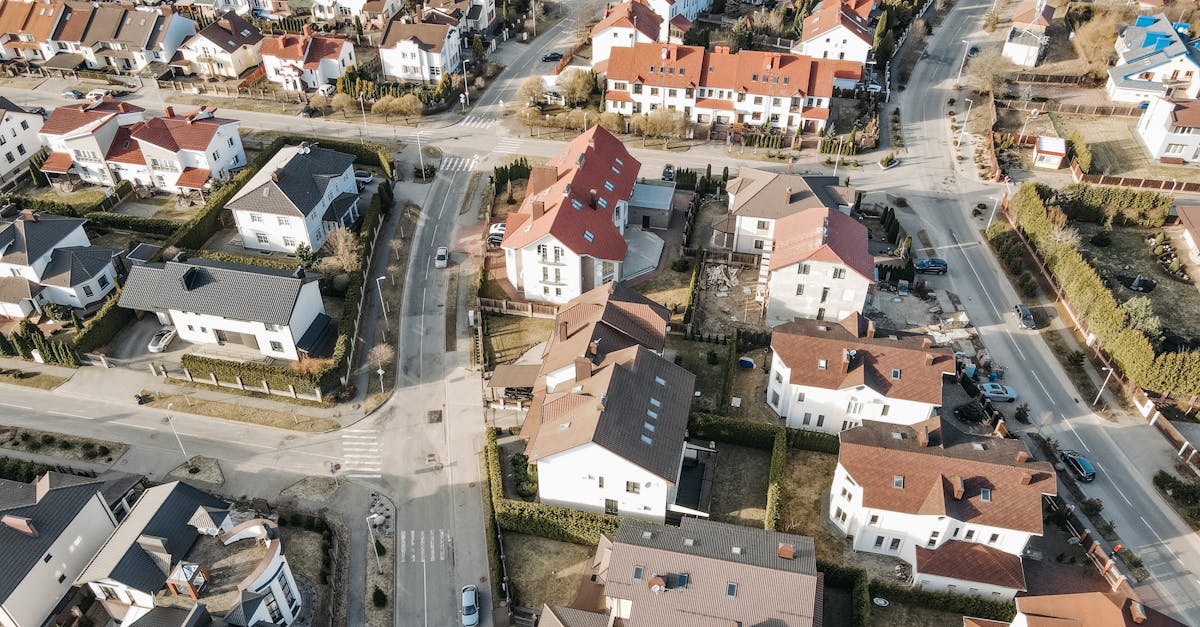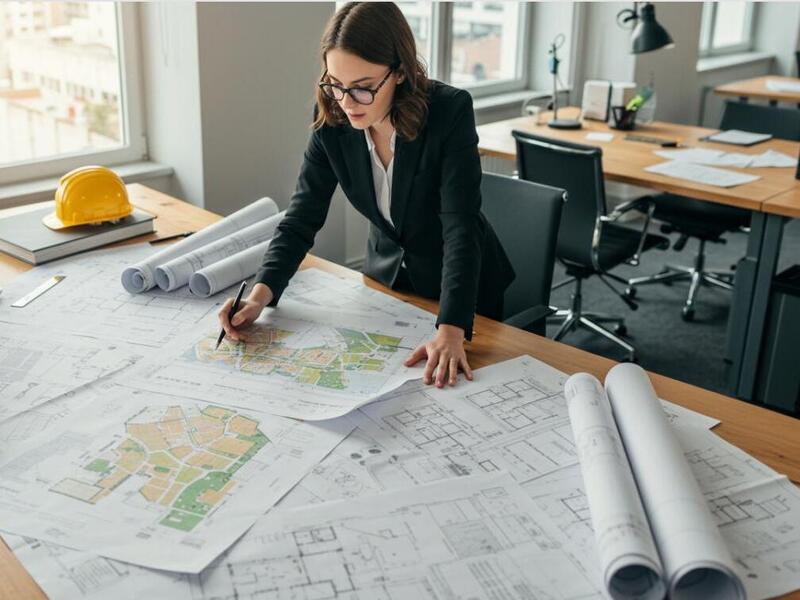
Zoning permits are essential to unlocking your land’s potential, yet the application process can seem daunting. Given the specific regulations governing construction and modifications, understanding the requirements is vital. Approval hinges on compliance and on addressing community needs.
What is a zoning permit?
A zoning permit is an official approval issued by a local government that allows a property owner to utilize their land in designated ways. The permit outlines how a specific piece of land can be developed or modified.
The role of zoning laws
Zoning laws serve to regulate land use within a municipality. These laws classify land into different zones such as residential, commercial, and agricultural. Understanding these classifications helps property owners know what structures and activities their land can accommodate. Without such regulations, cities could face haphazard development, leading to conflicts between different land uses.
Importance of zoning permits
Securing a zoning permit is important for several reasons:
-
It ensures your intended use of the property complies with local zoning ordinances.
-
It allows for community input, potentially increasing neighborhood support for your project.
-
It protects the health, safety, and well-being of the residential population.
Potential issues without a permit
Operating without a zoning permit can lead to significant consequences. Property owners may face fines, forced compliance measures, or even demolition of unauthorized structures. Thus, obtaining a zoning permit is not only a legal requirement but also a safeguard for property investments.
Steps to obtain a zoning permit
The process of getting a zoning permit may seem daunting, but breaking it down into smaller steps can make the process easier.
1. Review existing zoning laws
Before applying for a zoning permit, it’s essential to investigate the local zoning laws relevant to your property. This includes understanding what uses are permitted and any restrictions that may apply. Most cities offer online resources where you can access this information quickly.
2. Gather Necessary Documentation
Compiling the right documents is a vital part of the application process. The following are typically required:
-
Site maps
-
Blueprints of proposed structures
-
Landscaping plans
-
Environmental assessments when applicable
3. Submit your application
Once you have the required documents, submit your application to the designated local authority. Ensure you receive a receipt as proof of your submission. Keep in mind that submitting multiple copies of your application may be required, depending on local regulations.
Understanding the review process
After submitting your application, it will go through a multi-step review process involving different regulatory bodies. Here’s what to expect:
City staff evaluation
The city staff reviews your application to ensure it aligns with existing zoning ordinances. They provide recommendations to the Planning Commission and may suggest amendments if necessary.
Planning commission’s role
This group, composed of local residents with relevant expertise, evaluates the application. They may hold public hearings to gather community input and subsequently make recommendations to the local government.
Common reasons for zoning permit rejections
It can be helpful to understand the potential pitfalls during the application process. Some of the most common reasons for rejection include:
-
Non-compliance with local zoning ordinances
-
Insufficient documentation
-
Proposed structures that do not conform to zoning regulations
Appealing a zoning decision
If your application is denied, you have the right to appeal the decision. This typically involves filing an appeal with a Board of Zoning Appeals where you will need to present your case, often focusing on legal errors made during the initial decision.
Zoning permit costs and timeframe
The costs and time associated with obtaining a zoning permit can vary widely based on location and the complexity of the project.
Important considerations for South Florida
-
Hurricane preparedness: Zoning and building codes in South Florida are often stringent regarding hurricane resistance. This can sometimes add to the complexity and review time of permits.
-
Environmental regulations: Due to the sensitive ecosystem (e.g., Everglades proximity, coastal areas), projects might undergo environmental reviews that can extend the permitting timeline.
-
Local growth and development: Areas experiencing rapid growth might have higher application volumes, potentially leading to longer processing times.
-
Specific city initiatives: Individual cities might have specific initiatives or fast-track programs for certain types of development or renovations. It’s worth checking the local municipality’s website for such programs.
-
Online portals: Many municipalities in South Florida have moved towards online permitting portals, which can sometimes streamline the application process but might still have varying review times.
Pro tips for an easy application process
To enhance your chances of obtaining a permit smoothly, consider these tips:
-
Engage with local officials early on; they can provide invaluable insights.
-
Attend zoning meetings to connect with community members and understand their concerns.
-
Be thorough with your documentation; incomplete applications are often rejected.
For complex projects, it can be helpful to seek professional help. Zoning consultants and lawyers specialize in zoning regulations and are able to streamline the permit application process. They can handle the paperwork requirements and work with local authorities on your behalf.
https://www.youtube.com/watch?v=GUvykOXySao![]()











